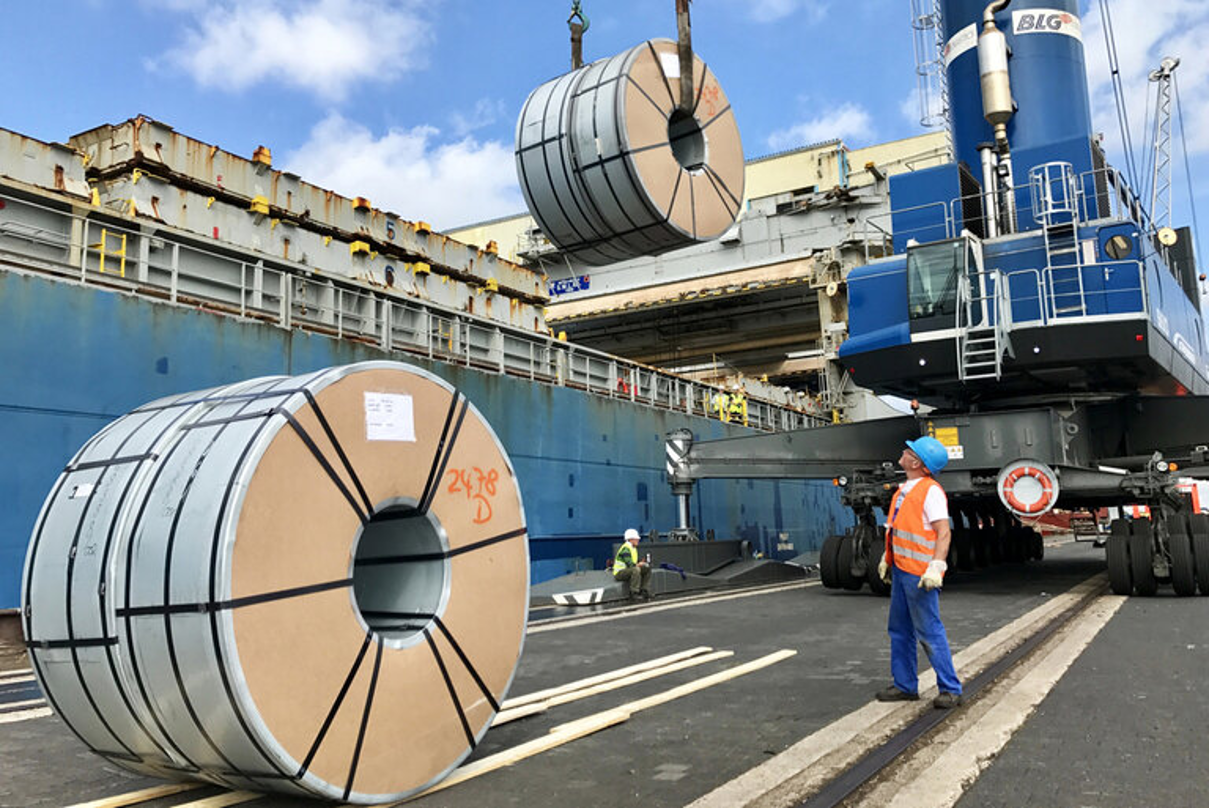Canada

May 31, 2018
AIIS 'Deeply Disappointed' in Trump Tariffs on EU, Canada, Mexico
Written by Brett Linton
The American Institute for International Steel, a trade group representing foreign steelmakers, said it is deeply disappointed the Trump administration has decided to impose tariffs on steel and aluminum imports from the EU, Canada, and Mexico. “Make no mistake: restricting the raw material supply in the U.S. and imposing tariffs on imports from our closest trading partners places American manufacturers directly in harm’s way. The pain will by no means be limited to the manufacturing sector; a slew of other U.S.-made products will soon be penalized with retaliatory tariffs by our major export trading partners,” said AIIS President Richard Chriss.
The last time the U.S. imposed steel tariffs in 2002, more than 200,000 American manufacturers lost their jobs. The consequences of these 232 steel tariffs could be even worse for U.S. companies as the 2002 tariffs were not applied to Canada and Mexico, AIIS noted.
AIIS member manufacturers––even those who only use steel and aluminum produced in the U.S.—have already experienced price spikes and increased lead times for the steel and aluminum inputs they use to make finished products.
“The bottom line is that when U.S. manufacturers pay vastly more for steel and aluminum than manufacturers anywhere else in the world, it undermines their ability to compete and be successful on the global market. The tariffs particularly impact small and medium-sized companies that will lose business to their overseas competitors. Our members are also reporting concerns over their own exports as their overseas customers shift to non-U.S. suppliers who do not face government restrictions on steel and aluminum. And when a customer removes you from their supply chain, especially for smaller, family-owned businesses, it is tough to bring that work back to the U.S.,” Chriss said.
“This trade war will negatively impact manufacturing workers who have benefited from the other pro-manufacturing policies already implemented by the Trump administration–and in most cases more than undoing growth generated from the tax cuts enacted late last year. Plans by U.S. manufacturers to expand will be put on hold indefinitely. Companies will be forced into difficult choices about technology, investment, and jobs. We urge President Trump to change course now to protect and sustain millions of U.S. manufacturing jobs,” he added.







